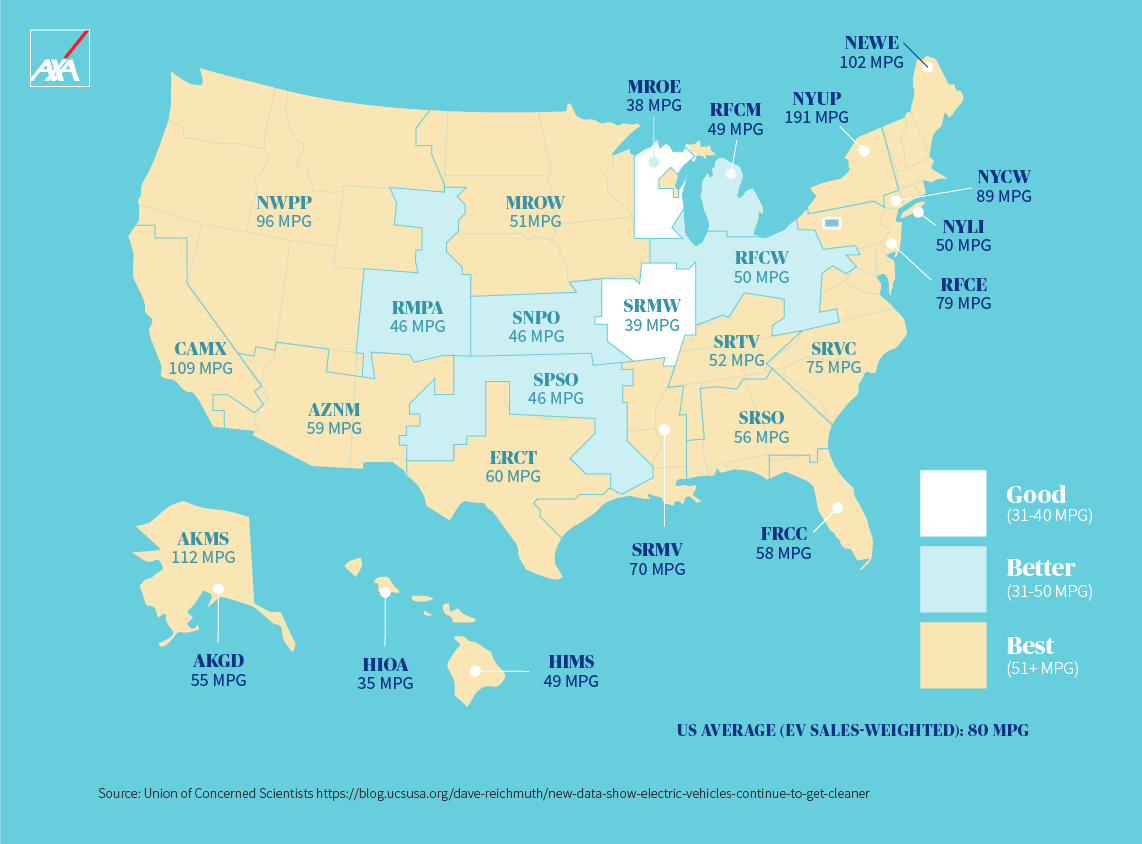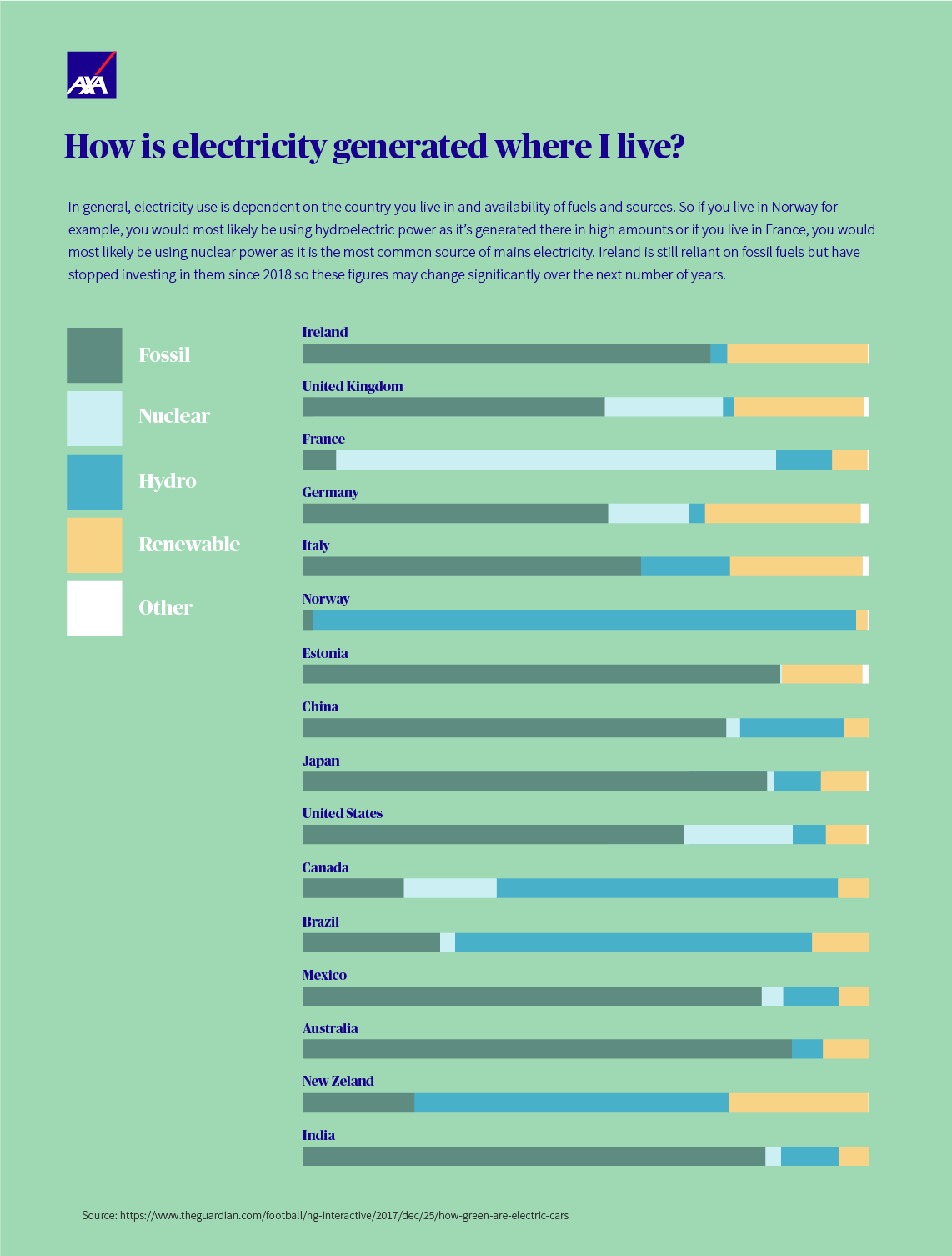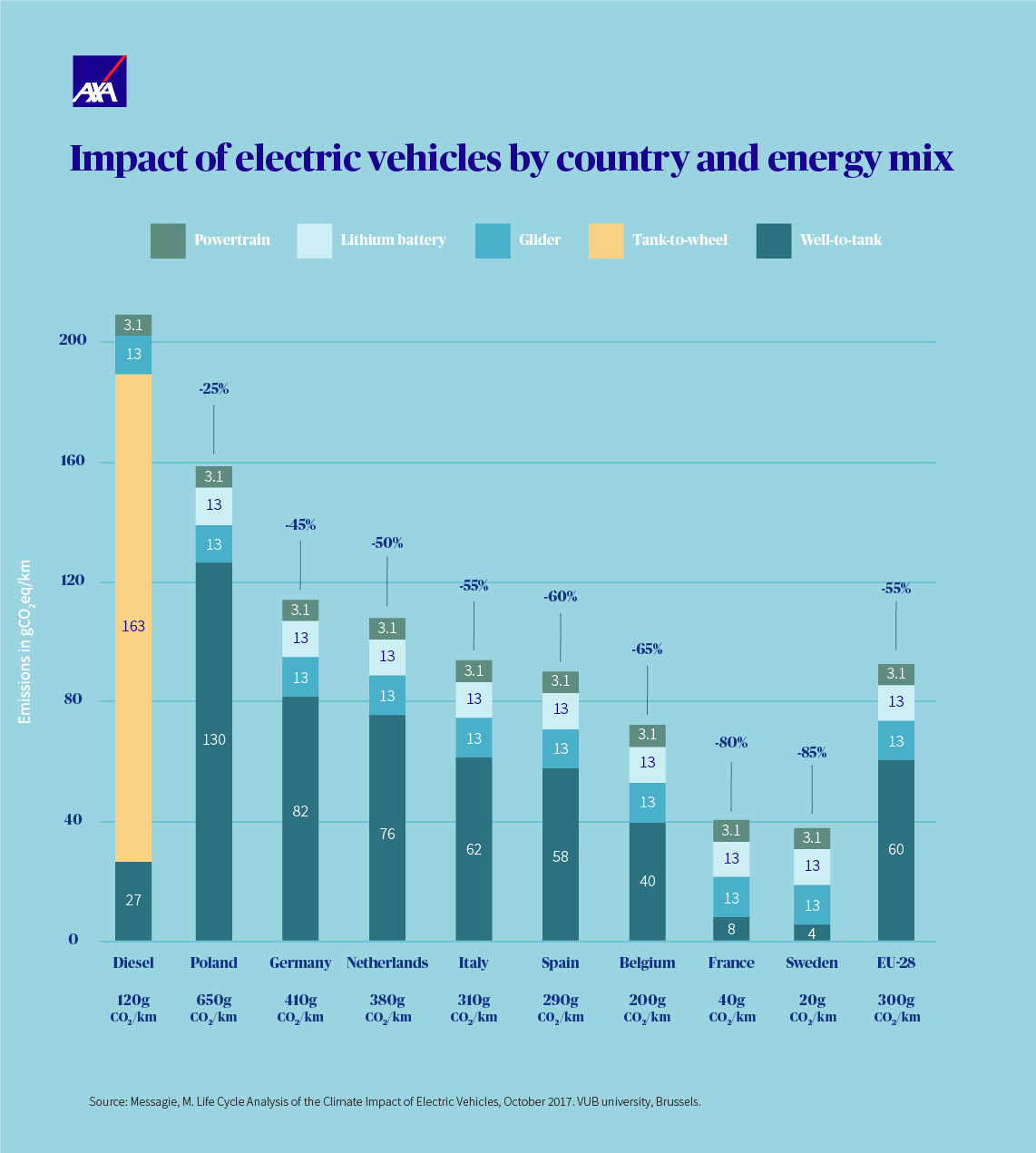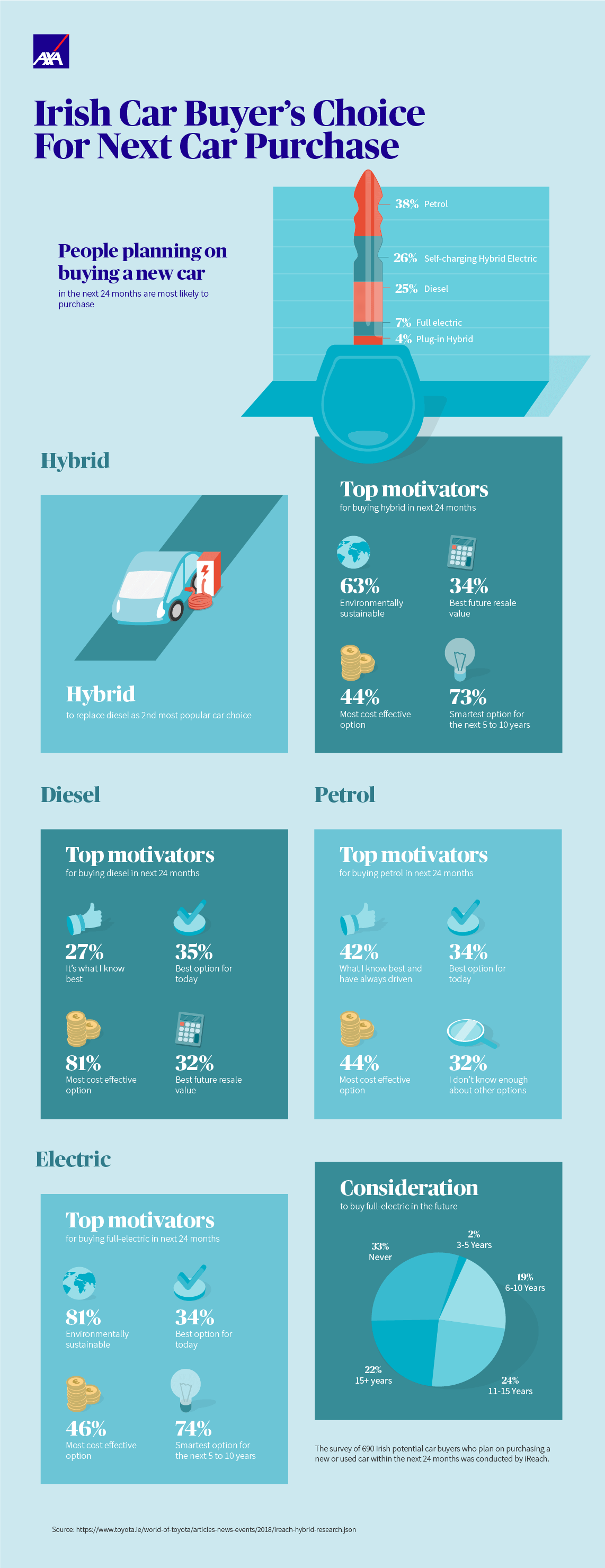At a time when waves of eco-consciousness are sweeping across social media, it’s clear the topic of electric cars and their environmental impact isn’t leaving anytime soon. This is also being reflected in politics, with some countries waving goodbye to internal combustion engine cars and hello to electric powered ones. Motorists are now being supported and even incentivised to own such vehicles. In Ireland, motorists can apply for grants for both private and commercial electric vehicles from the Sustainable Energy Authority of Ireland, with around 4,000 of them registered in the country at present.
So, what do we know about electric cars and their impact on the environment? Surely vehicles operating without an exhaust should result in being a cleaner solution to ‘regular’ cars? Well, it’s not quite as simple as that.
Background
Let’s start at the beginning. Despite being a symbol of the modern age in the eyes of many, they aren’t new by any means. Electric vehicles (EVs) have been in existence for almost 200 years. The first crude electric car was built in the 1830s but it wasn’t until around four decades later that they actually came into operation. Fast forward to the present day and in the sea of car manufacturers jumping on the eco-friendly bandwagon, questions are being raised about how environmentally advantageous these vehicles are.
It’s a complex issue with many conflicting views from many different sides. There’s no definitive answer, but it’s widely agreed they are generally better for the environment. Looking at some of the stats gives us a greater idea of why there’s such varied views and, most importantly, what we can expect down the line. Ultimately, there are three interconnected elements that are most relevant to the debate - batteries, electricity and emissions.
There’s no simple answer
The Union of Concerned Scientists in the US carried out a study which found that generally EVs are cleaner than gas cars. What’s interesting about this research is that it looked at the overall supply chain of the vehicle. This meant that researchers could compare not just the vehicle’s time on the road but incorporate a vehicle’s entire lifespan into their analysis, including the production process.
The data was translated into a miles per gallon format allowing for a comparison across the US and provided an insight into which states perform best. When including the production process, or what is used to create the electricity, for example, coal or natural gas, results varied as to how eco-friendly a particular EV was depending on the state. This also highlights the fact that not all electric cars are equal or can be assessed as a whole.

Closer to home, we can see from this EU study how we are producing our electricity. In Ireland’s case, well over 50% of our electricity is generated with fossil fuels. In July of this year, Ireland became the first country worldwide to take the decision to stop investing in fossil fuels so the impact of this remain to be seen.

It’s widely agreed that the move from more detrimental forms of electricity production to more environmentally friendly ways will mean that EVs will continue to push ahead of the internal combustion vehicles that currently dominate our roads.
Separate to this, a study by Transport and Environment also supports the belief that electric cars produce less greenhouse gas emissions when compared to diesel engines. More interestingly, however, they claim this is the case “even when powered by the most carbon intensive electricity in Europe.”

Countering this argument, however, President of Continental Economic, Jonathan Lesser, says that more EVs will result in more pollution when compared to new internal combustion vehicles. He also says that although EVs produce less greenhouse gas emissions, it’s by such a low percentage that its impact is minimal, claiming “such a small change will have no impact whatsoever on climate, and thus have no economic benefit.”
When it comes to transport trends on home soil, a recent study by iReach carried out on behalf of Toyota Ireland showed that although Irish people are interested in making the switch, it won’t be for a while yet. It showed that it’ll likely be 2033 before electric cars become mainstream. The survey did show, however, that hybrids will likely pass out diesel in popularity within the next two years.

Conclusion
While it's not as cut and dry as people would like, the majority of stats are in favour of EVs and, most importantly, we appear to be going in the right direction. There’s a greater awareness around the environmental impact of electric cars, what’s being used to make the batteries, what’s being used to fuel the electricity, and how their emissions compare to their counterparts. In addition to this, you see the likes of iconic manufacturers like Porsche making e-cars to rival brands like Tesla and where there’s competition, there will be improvements. This is one area that will keep evolving as time goes on so it’s certainly a case of watch this space.


